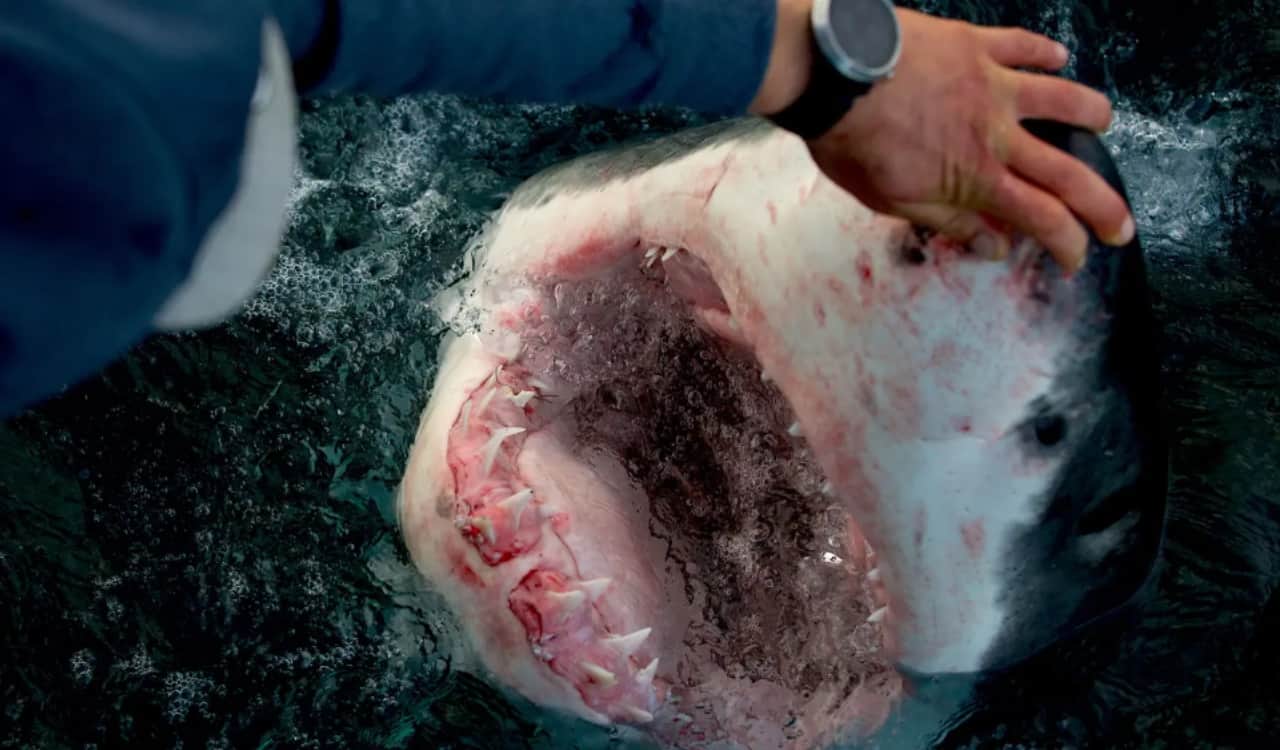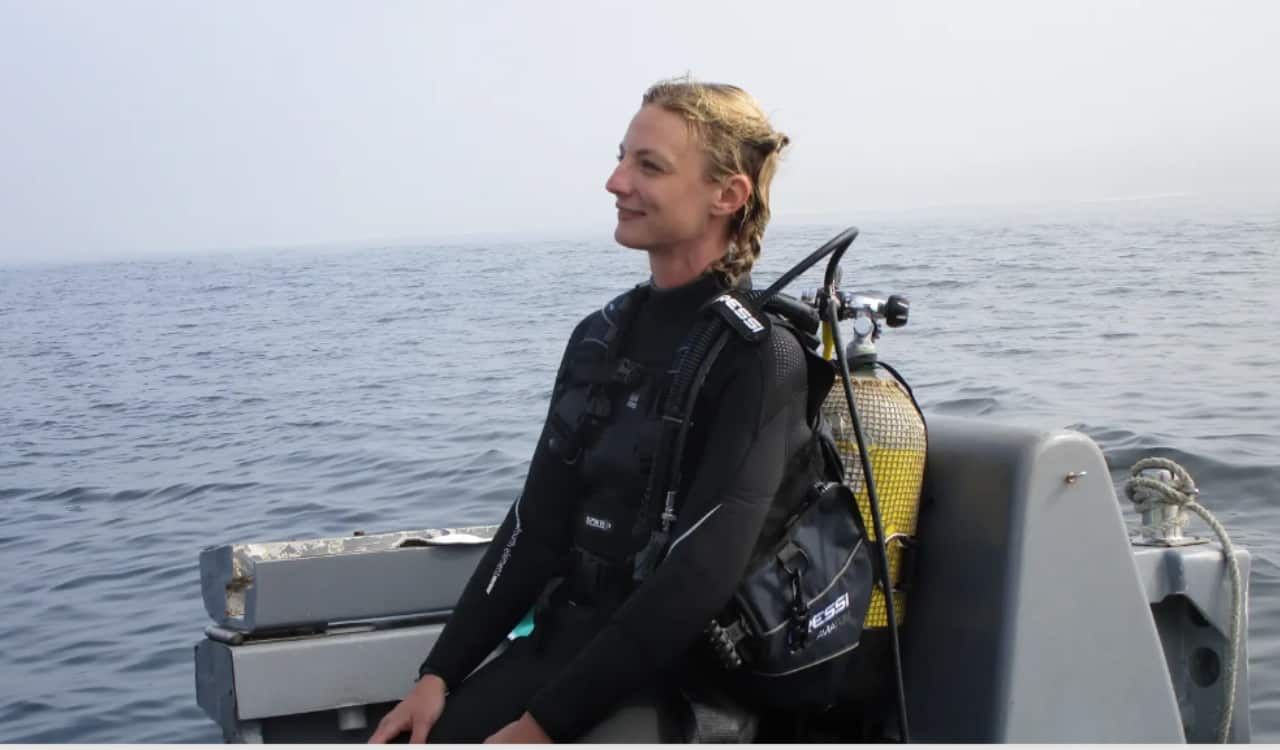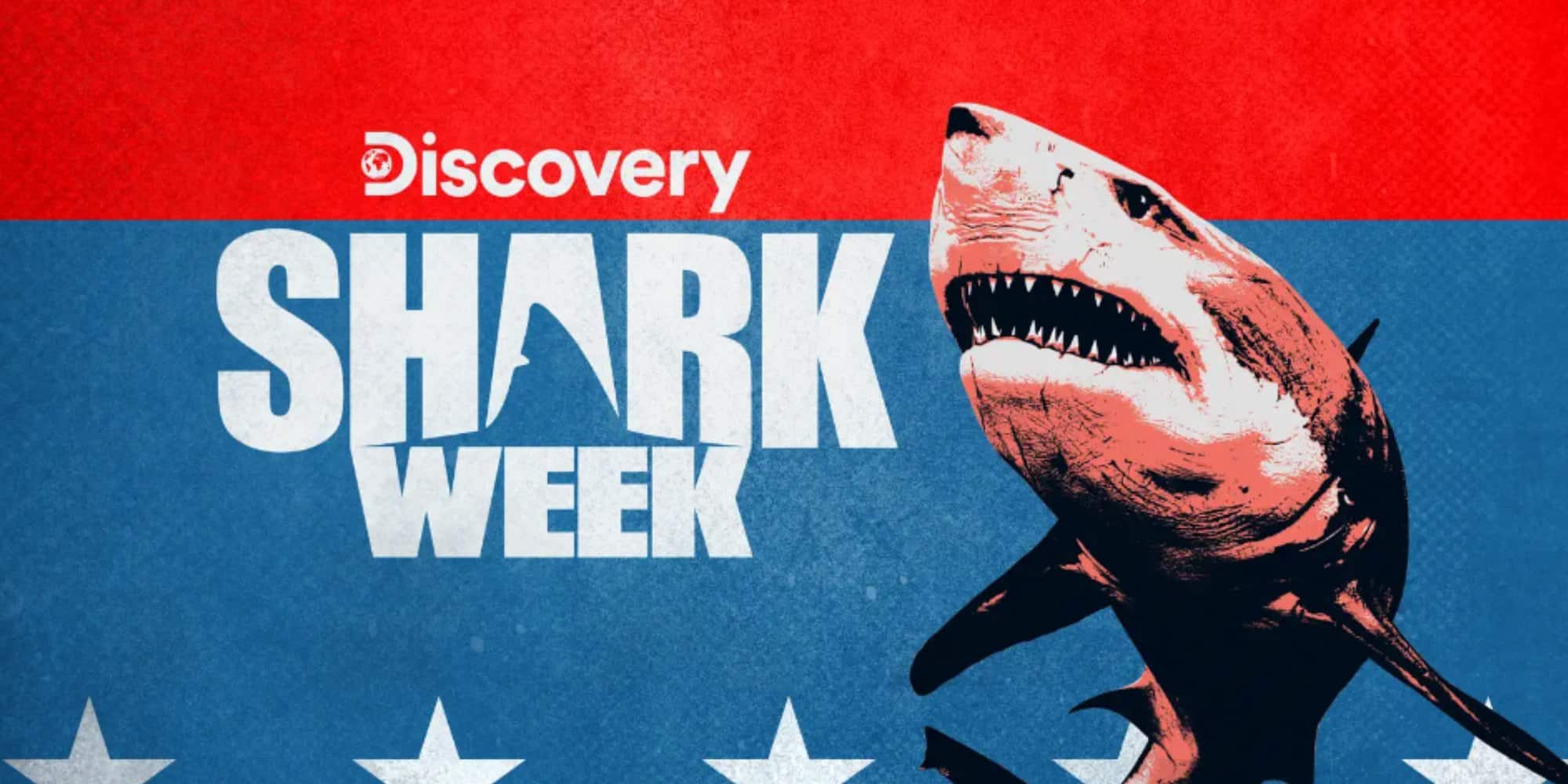It’s that time of the year again, as Shark Week is all geared up to start airing its new season this week. Set to star Jason Momoa, The King of the Seven Seas himself, this year’s episodes are going to be more educational and entertaining than usual.
First seen way back in July of 1988, Shark Week was started as a way to correct misconceptions that the public had about sharks. It’s an intriguing documentary where we see scientists, marine biologists, and other people heading over to the ocean to explore more about these marine creatures. Many different species of sharks have been a part of Shark Week previously, the likes of which include great white sharks and the legendary megalodon.
Despite starting strong, Discovery started to include more fiction than reality, which caused the latter Shark Weeks to receive a lot of criticism and not be as highly rated as the first few seasons. After seeing the criticism, the documentary has now toned down the dramatic elements quite a bit and focuses more on educating the viewers about sharks. It didn’t have a host in the beginning, with the week in 1994 being the first one to have Peter Benchley as the host.
After Nigel Marven, Adam Savage, Les Stroud, Shaquille O’Neal, and Dwayne Johnson, Jason Momoa will be taking up the role of the host of the newest Shark Week.

Shark Week Filming Locations:
Coming to where this documentary actually takes place, Shark Week usually doesn’t have any fixed location. Instead, each year we are taken to various beaches and seas to document the sharks of that particular area. The most common out of all places has been the shark capital, The Bahamas. This is no surprise as the Country’s seas have the most diverse population of sharks, such as Tiger sharks, Lemon sharks, the great hammerhead, bull sharks, and even the oceanic whitetip shark.
The country’s beaches are also filled with stories of deadly shark attacks and close encounters that left people traumatized. Being a dense shark hotspot is the reason why the Bahamas have made it on Shark Week many times. In reality, the beaches are dangerous, yes, but only if a person ventures too far into the ocean.
The sharks that are closer to the land are not as deadly and can offer an amazing sight as they hunt for local fish. There’s a high chance that you might catch a glimpse of a shark at least once on the country’s beaches.

Another location that has been featured in Shark Week is Cape Cod, a peninsula in Massachusetts, US. Known for its pleasing scenery and pristine blue waters, the place attracts a lot of people each year. The beautiful shores have also been responsible for the death of an individual who was bitten by a shark. This wouldn’t have been believable years ago, but now, Cape Cod has become another white shark hotspot.
Ghost Island, which was a filming spot for Survivor, was seen in Shark Week as well. Located in the Mamanuca Islands of Fiji, this place also has a handful of species of sharks that inhabit the bright blue waters. Wake Island, which has heavy restrictions for visitors, was also seen in the documentary. To visit this Island, special permission is needed from the Military or the Fish and Wildlife Service.
All of these locations have proven to be very educative about how sharks live and what they usually eat. With these marine creatures being exploited in the current times, strict regulations are being imposed for those looking for them in the oceans. Most sharks are hunted for their fins, causing the population to decline rapidly and even face the threat of extinction.
Since Shark Week has always been enthusiastic about promoting the real nature of sharks, there’s hope that through this interesting documentary, more people will be educated about the predatory nature of sharks and their role in maintaining the ecosystem. New episodes of Shark Week will be available to watch on Discovery.
Also Read: Why is Shark Week A Thing? The Discovery Event Focusing on Shark




